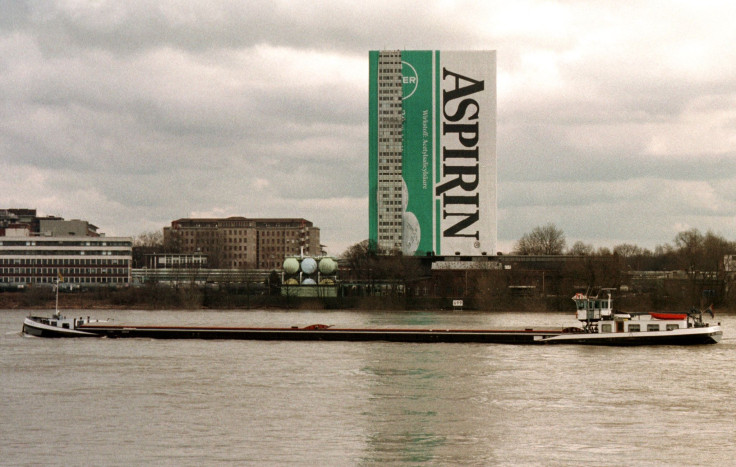Daily Aspirin Consumption Can Boost Chances Of Pregnancy

Aspirin consumption has been linked to a number of benefits in the past, including lower risk of heart disease, stroke and cancer. Now, a U.S. study claims that taking a small amount of the wonder drug can boost the chances of conception.
According to the study conducted by researchers from the University of Utah and the National Institute of Child Health and Human Development (NICHD), taking a quarter of a regular aspirin tablet (equivalent to 81 mg) can increase the chances of getting pregnant.
The researchers say that consuming that amount of aspirin, which is not harmful for children, can actually help provide a safe environment for the growth of the embryo. The technique also seems to work for women with a history of a miscarriage.
Aspirin targets inflammation in the body, making it more suitable for embryo growth. In addition, the researchers say that the drug derived from the willow bark helps improve blood supply to the pelvis region of the female body. It also makes the lining of the womb thicker, enabling the embryo to attach itself more easily.
"Aspirin is the drug of the millennium. There is no harm in women wanting to get pregnant taking aspirin. It increases blood flow to the pelvis, it increases endometrial thickness,” said Richard Paulson of the University of Southern California.
During the study, the researchers looked at 1,228 women with a history of miscarriage. The women were taking a daily dose of aspirin to control high levels of inflammation in their body. The researchers found that aspirin boosted their chance of pregnancy by 17 percent. In addition, the chances of having a healthy baby increased from 46 to 55 percent.
The study results were presented on Wednesday at the American Society of Reproductive Medicine Annual Meeting in Baltimore, Maryland.
© Copyright IBTimes 2024. All rights reserved.











